I think this is the root of your problem, not the regex performance per-se:
For each request , I go through all parameters and check against all these 500 regular expressions
No matter how fast your regex will be, this is still plenty of work. I don't know how many parameters you have, but even if there are only a few, that's still checking thousands of regular expressions per request. That can kill your CPU.
Apart from the obvious things like improving your regex performance by precompiling and/or simplifying them, you can do the following things to reduce the amount of regex checking:
Use positive-validation of user input based on the parameter type. E.g. if some parameter must be a simple number, don't waste time checking if it contains malicious XML script. Just check whether it matches [0-9]+ (or something similarly simple). If it does, it is ok - skip checking all the 500 regexps.
Try to find simple regexps that could eliminate the whole classes of attacks - find common things in your regexps. If e.g. you've got 100 regexps checking for existence of certain HTML tags, check if the content contains at least one HTML tag first. If it doesn't, you immediately save on checking 100 regexps.
Cache results. Many parameters generated in webapps repeat themselves. Don't check the same content over and over again, but just remember the final validation result. Beware to limit the maximum size of the cache to avoid DOS attacks.
Also note that negative-validation is usually easy to bypass. Someone just changes a few chars in their malicious code and your regexps won't match. You'll have to grow your "database" of regexps in order to protect against new attacks. Positive validation (whitelisting) doesn't have this disadvantage and is much more effective.
